Lu Yu in the "Tea Classic" said that tea flowers have a strong taste but no fragrance, as the aroma is concentrated in the leaves.
Almost all flowering plants in the world have fragrant flowers and plain leaves, with flowers being more valued than leaves. Only the tea plant reverses this: its leaves are more fragrant than its flowers, and the leaves take precedence over the blossoms. While flowers compete in beauty, the tea leaf stands proudly among them.
Flowers often display their beauty outwardly, but tea leaves hold their beauty within; flowers emit fragrance externally, but tea leaves preserve their scent inside. Tea, born between heaven and earth, absorbs the essence of nature and the energy of the sun and moon, blossoming into the most beautiful green leaves and elevating into an intoxicating fragrance of the heart.
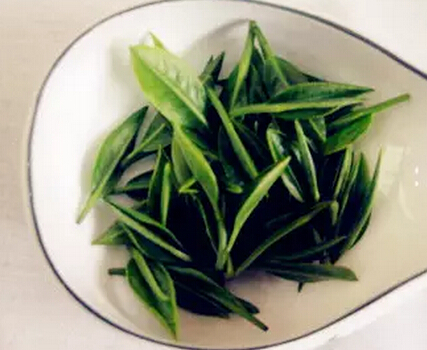
Tasting bitterness before sweetness makes the sweetness feel especially sweet.
Tea, only when immersed in boiling water, can fully stretch its筋骨 and release its energy and value, emitting the richest fragrance of life.
Bitterness is the true taste of tea, as well as the true taste of life. Good tea always transitions from astringency to fragrance, just as life alternates between sweetness and bitterness. Savor it carefully and reflect slowly. Sometimes, the most bitter moment heralds the arrival of fragrance, while the sweetest moment may conceal hidden bitterness...
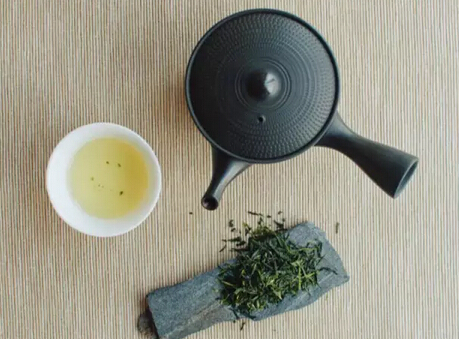
In tea-drinking, the most disheartening experience is infusing sweetness into the tea but tasting bitterness; steeping happiness but drinking out烦恼; brewing幸福 but sipping痛苦. The most delightful experience, however, is steeping bitterness and tasting sweetness; infusing烦恼 and drinking out joy; brewing痛苦 and savoring幸福...
Drinking tea daily allows one to taste the seasons; drinking tea throughout a lifetime lets one savor life itself. Tasting tea is not just about the tea—it’s about tasting nature, tasting time... To understand the essence of tea, one must appreciate it with elegance and perceive it with the soul.
Tasting tea is tasting the heart, boiling life’s bitterness in water to brew cups of faint, refreshing fragrance.
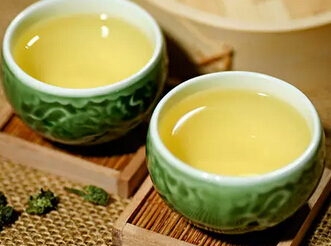
Good tea cannot exist without water.
Tea is a plant full of灵气. When combined with natural water, it becomes fragrant water, allowing one to fully experience the flavors of the seasons; when blended with the water of the soul, it becomes spiritual water, revealing the true essence of life.
The Ming Dynasty’s "Tea Commentary" states: "Water is the mother of tea." No matter how good the tea, it cannot exist without water. Fine water brews fine tea; fine tea requires fine water. Tea brewed with spring water, river water, well water, lake water, rainwater, or snow water each carries a distinct taste. As the ancients said, eight-part tea met with ten-part water elevates the tea to ten; eight-part water brewing ten-part tea reduces the tea to eight.
Without tea, water remains water—but bland and tasteless. Without water, tea ceases to be tea. A drop of water’s fragrance lies in the tea; a leaf of tea’s fragrance lies in the water. Water is tea’s confidant; tea is water’s升华. Tea spends its life blooming for water; water spends its life fragrant because of tea. Tea and water相伴 is the most intoxicating bond in the world.
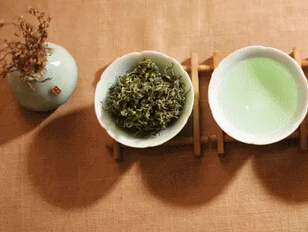
Every strand of the richest tea fragrance originates from millions of ordinary drops of sweat.
It is often said: producing one斤 of spring tea buds requires 60,000 to 70,000 tea shoots. It’s hard to imagine that to obtain a hundred pounds of tea leaves, one must wear a bamboo hat, carry a bamboo basket, endure the scorching sun, bend over, and shuttle through the lush green tea gardens, carefully plucking each tender shoot by hand before placing it in the basket. This motion must be repeated millions of times.
Fine tea often grows in secluded valleys and lofty mountains, amidst clouds and mist, basking in sunlight and moonlight, feasting on wind, frost, rain, and dew, far from pollution and noise, spending its life accompanied by verdant hills and clear waters. Since ancient times, it’s been said: "Fine mountains and waters yield fine tea," "Scenic beauty begets tea fragrance."
Fine tea embodies noble purity, untainted by worldly dust—"Since time immemorial, fine tea resembles a beautiful woman" (Su Dongpo). The流传的静美,温馨芬芳 is the homeland of tea, a place to cleanse the soul.
A life of quality resembles tea: the quality of tea reflects the quality of character; tasting tea is like tasting a person.
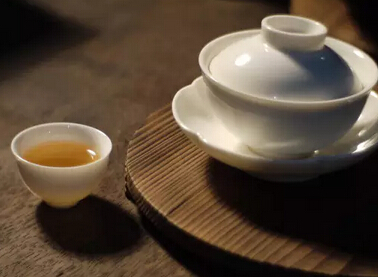
Can humans still capture this wisp of fragrance if detached from nature?
Grass above, wood below, humans stand between grass and wood—this is the ancient yet youthful character for "tea." The true flavor of tea lies hidden within the embrace of the world’s most beautiful landscapes. Humans cradled by grass and wood, humans and nature intertwined—only this unity can nurture the richest tea fragrance in the world.
Each type of tea has its own flavor; even tea from the same land varies subtly. Each person’s tea carries their own taste, and each brewing yields a unique experience. The finest tea may not suit everyone’s palate, and the most bitter tea may reveal fragrance to some.
Tea tastes different at different times, in different places, in different seasons, under varying weather, scenery, or ambiance. It changes with mood, with company, with修养, personality, and age...
Under moonlight, before flowers, in bamboo groves, amidst rain, on snowy nights—tea has a thousand flavors, as do people. One cup of tea, one fleeting moment—understanding it can etch it forever in memory, fragrant for a lifetime.